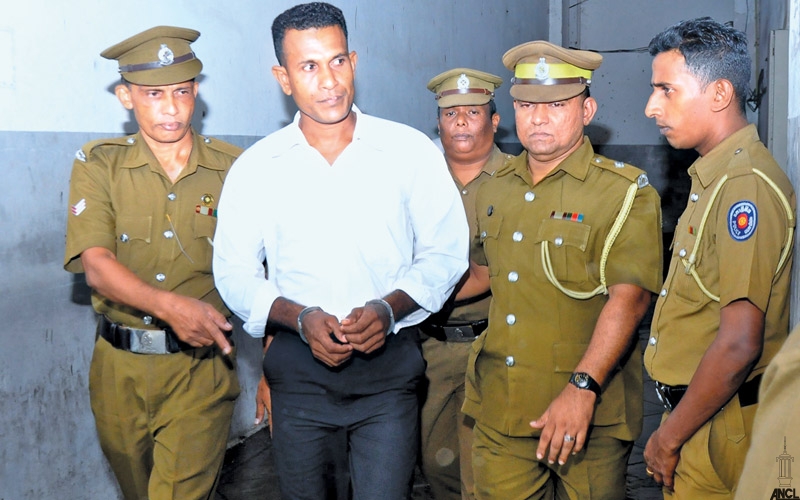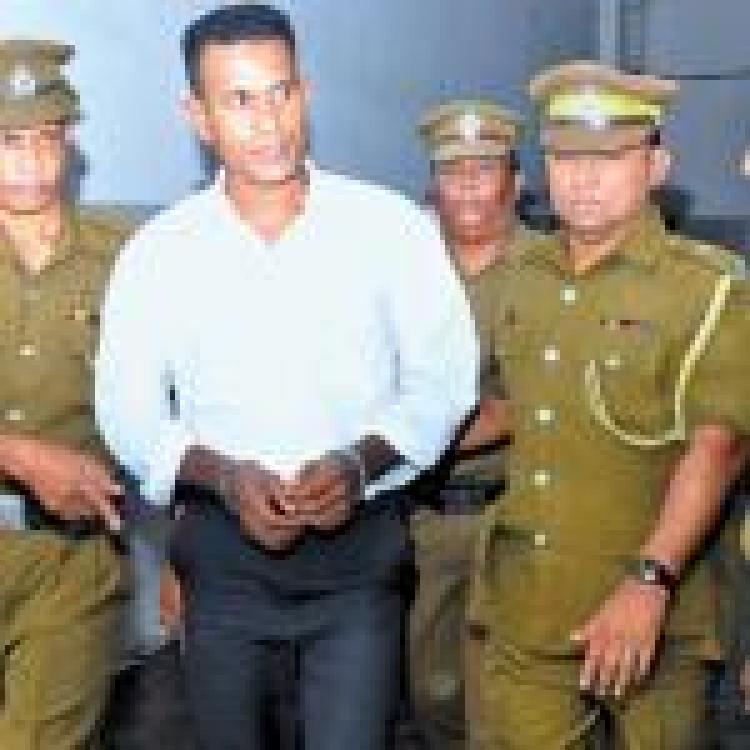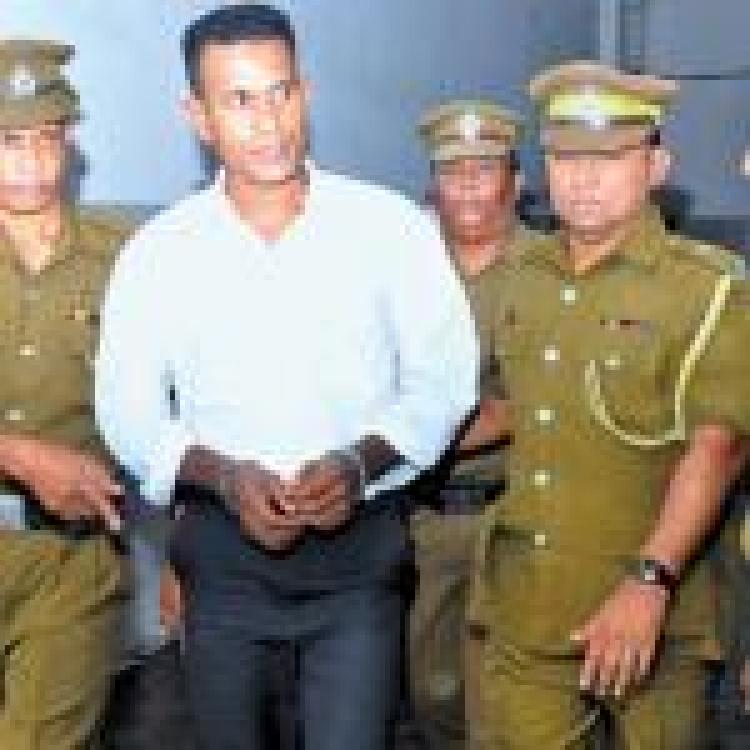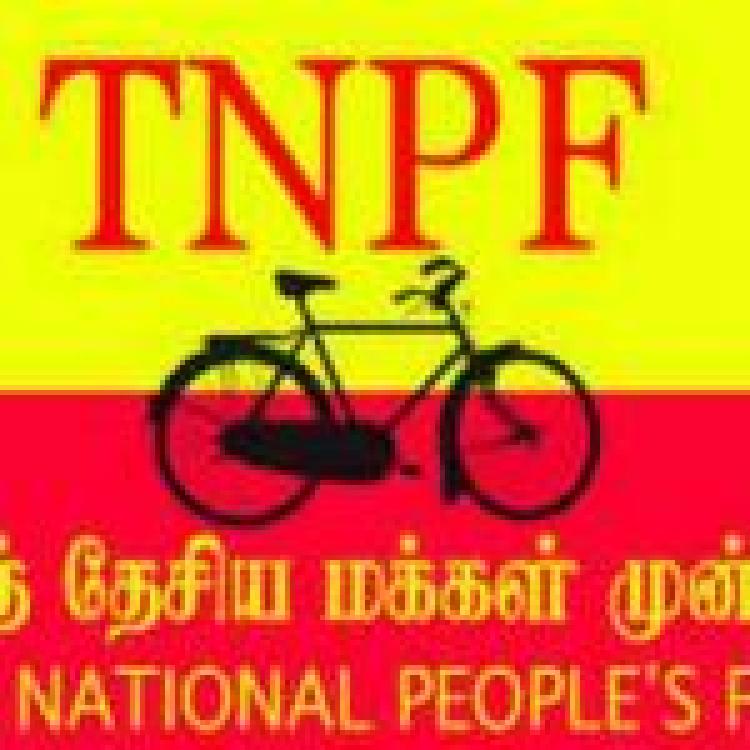The current situation in Sri Lanka underlines why an international approach is often the only way of ensuring that perpetrators of war crimes are held accountable for their misconduct, writes Graham Newsome in International Policy Digest.

For Sri Lanka’s president, Gotabaya Rajapaksa, the coronavirus pandemic is more than a public health crisis—it’s a chance to free an old wartime ally while the world’s attention is focused elsewhere. In late March, Rajapaksa—himself accused of having committed atrocities while serving as defence secretary during Sri Lanka’s bloody civil war—freed former Staff Sergeant Sunil Ratnayake. Ratnayake had been sentenced to death after a decade-long trial for brutally massacring eight Tamil civilians, including a five-year-old.
As Rajapaksa no doubt intended, the reaction to the controversial pardon was muted inside Sri Lanka, in part thanks to the strict curfew in place to slow the coronavirus’s spread. The UN, however, described Ratnayake walking free as “an affront to victims.” Rajapaksa’s leniency was particularly disappointing given that Ratnayake’s conviction had provided victims of similar atrocities with hope that they might eventually receive justice. As the UN High Commissioner for Human Rights noted after Ratnayake was pardoned, “this was one of the rare human rights cases from the decades-long conflict that had ever reached conviction.”
To make matters worse, the clemency for Ratnayake only cements fears Colombo is unwilling to hold Sri Lankan troops accountable for offences committed during the 26-year-long civil war. Sri Lanka has repeatedly dragged its feet on investigating crimes ranging from bombing hospitals to sexually assaulting Tamil detainees, but the situation has worsened dramatically since Rajapaksa’s election last November.
Stonewalling the fight for justice
In January, his administration halted the Office of Missing Persons’ efforts to seek more than 20,000 people who had disappeared during the war. In February, Colombo withdrew from a UN resolution calling on Sri Lanka to implement a comprehensive programme ensuring accountability, reconciliation, and reparations for abuses committed by both sides during the conflict.
Perhaps most chillingly, Rajapaksa’s government appears to be carrying out fresh human rights violations in order to stall investigations into war crimes. In recent months, security forces have reportedly stepped up threats against the families of missing persons and other activists pushing for accountability. Police and intelligence agencies have apparently been looking into who has attended meetings of advocacy groups such as Mothers of the Disappeared. They also want to know who has traveled to Geneva to meet with the UN Human Rights Council.
The Rajapaksa administration’s resistance to unearthing the demons of the conflict is part of a broader pattern of governments failing to acknowledge past misdeeds. Neglecting to address the darker parts of a country’s history, however, doesn’t just fragilize citizens’ trust in the state. It also has very concrete effects on surviving victims and their families, who often remain marginalised by society even decades after peace accords are signed.
Those left behind: the devastation wrought by forced disappearance
Forcible disappearance, for example, takes a huge toll on the families of those who have gone missing. A 2015 study of the families of the roughly 17,000 people believed to have been kidnapped during Lebanon’s civil war illustrated the wide-ranging psychological, financial, and social effects of the government’s reticence to provide them with answers about their missing loved ones.
Given that the majority of those kidnapped were men, their wives faced a plethora of unique challenges, in addition to the lack of closure caused by not knowing if their husbands were dead or alive. With no government help, the onus was on family members to seek out their missing relatives—frequently by setting up meetings with the very people whom they suspect of having carried out the kidnapping. The majority of women profiled in the study were extorted to the tune of thousands of dollars by people claiming to have information about their husbands’ whereabouts. In light of the state’s refusal to recognise the status of the missing, they often had to pay still more to overcome legal barriers to obtaining identity documents for their children or accessing their husbands’ bank accounts.
Most damaging of all, perhaps, was the hostile environment which they were confronted with. Relatives of disappeared persons withdrew socially after feeling “watched” and judged by their neighbours. Many women were forced to return to their in-laws’ homes, where they were “sidelined, powerless and humiliated”—and, on some occasions, even blamed for their husbands’ disappearance.
Unwarranted stigma for victims of wartime sexual violence and their children
The use of sexual violence as a weapon of war engenders a similarly tragic aftermath. The recent BBC programme “Ghosts of the Vietnam War” highlighted how South Korean soldiers stationed in Vietnam during the war bestowed a lifetime of trauma and challenges both on the Vietnamese women they raped and on the children born from these assaults.
The women who had been abused by South Korean soldiers were beaten and insulted by their families, shunned by their communities, and often struggled to make ends meet. Their children, meanwhile, were given the derogatory epithet “Lai Dai Han,” from the Vietnamese for “mixed-blood.” These children have described the travails of growing up “dangerously different.” Unrecognised by South Korea, which still has not admitted its soldiers committed war crimes, the Lai Dai Han struggled to access social services such as healthcare and were ruthlessly bullied by peers and teachers alike for being the children of enemy combatants.
The Lai Dai Han and their mothers, of which roughly 800 are still alive, have never stopped fighting for the recognition and apology which would go some small way towards healing the wounds caused by decades of ostracization. An advocacy group, Justice for Lai Dai Han, is calling for an inquiry from the UN Human Rights Council.
The current situation in Sri Lanka underlines why such an international approach is often the only way of ensuring that perpetrators of war crimes are held accountable for their misconduct. Post-war governments like Sri Lanka are often controlled by the very people accused of heinous offenses, making them singularly indisposed to stamp out the culture of impunity which allows them to remain in power. Rajapaksa’s brazen attempts to let his old war comrades off the hook should spur more robust international mechanisms to ensure that those who commit war crimes cannot dodge justice so easily.



